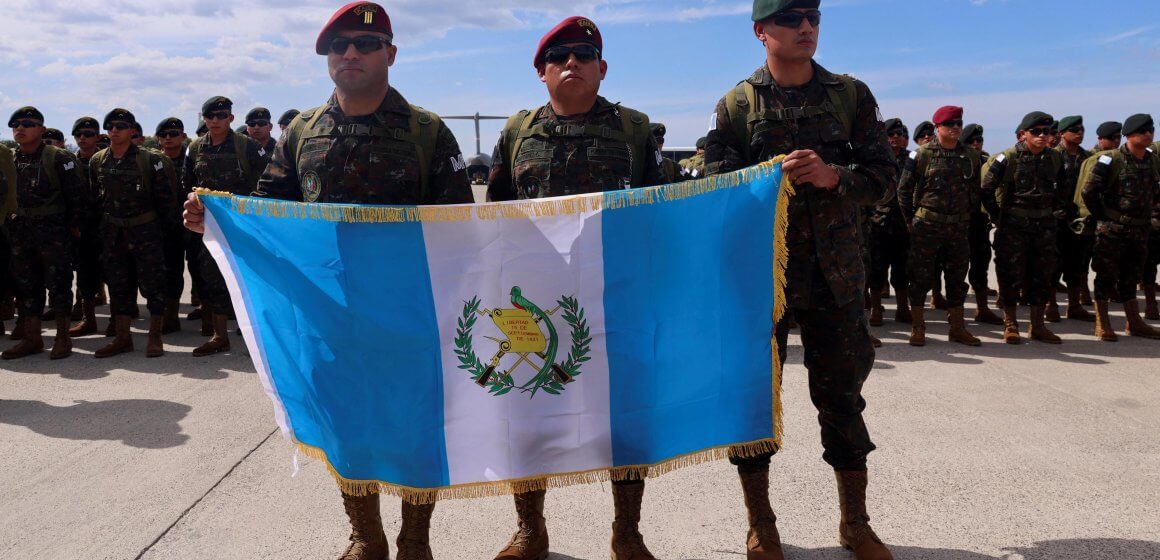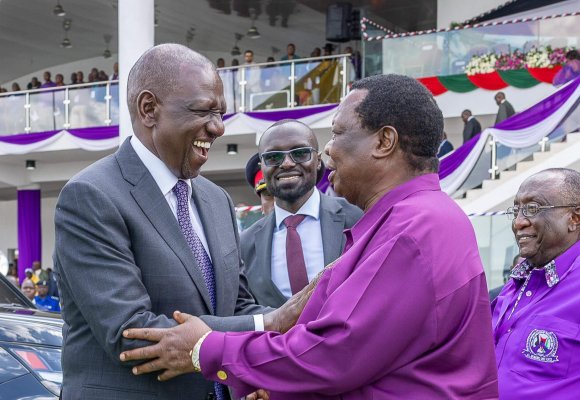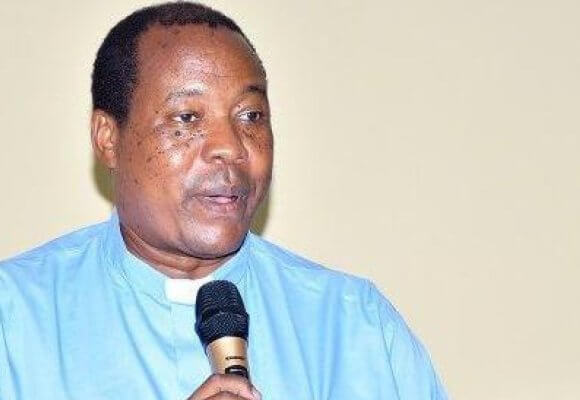|
LISTEN TO THIS THE AFRICANA VOICE ARTICLE NOW
Getting your Trinity Audio player ready...
|
A deployment of 150 Guatemalan soldiers last weekend joined efforts to quell the escalating violence in Haiti, a nation crippled by lawlessness and gang control. The troops, drawn from Guatemala’s military police, arrived in two groups: the first contingent of 75 landed on Friday, followed by another 75 on Saturday, January 5, 2025, as part of a United Nations-supported international security mission.
The mission, spearheaded by Kenya, aims to restore order in a country plagued by deep-seated instability. Kenya had previously deployed nearly 400 police officers in mid-2024, marking the first wave of what is expected to be a 2,500-strong multinational force. Alongside the Guatemalan soldiers, smaller contingents from Jamaica, Belize, and El Salvador are also contributing to the operation. The United States has taken the lead in funding the initiative.
Haiti, the poorest nation in the Americas, has long been beset by chronic instability, natural disasters, and political turmoil. Its fragile state worsened significantly in July 2021, when President Jovenel Moïse was assassinated in his home by unidentified gunmen. Since then, the Caribbean nation has descended into a state of near-anarchy, with armed gangs filling the power vacuum left by a weak and fragmented government.
The capital, Port-au-Prince, has borne the brunt of this chaos. Armed groups now control vast swathes of the city and its surrounding areas, leading to rampant violence, kidnappings, and extortion. The situation deteriorated further in March 2024, when gangs stormed two of Haiti’s largest prisons, releasing approximately 3,700 inmates and exacerbating the already dire security situation.
In response to the escalating violence, the Haitian government declared a state of emergency in March 2024, starting with the Ouest Department, which includes Port-au-Prince. However, despite these measures, gang-related violence continued to spread, underscoring the limited capacity of local authorities to regain control.
The multinational force, which is being coordinated under the auspices of the United Nations, is Haiti’s latest hope for curbing the gang violence. Despite the Kenyan-led mission’s initial efforts, violence has persisted, prompting the need for additional reinforcements such as the Guatemalan troops.
Guatemala’s government described the deployment as a commitment to regional stability and international cooperation. The soldiers, trained in military policing, bring specialized expertise that is expected to bolster the mission’s capacity to address the ongoing crisis.
Haiti’s descent into chaos has roots in decades of mismanagement, economic inequality, and political dysfunction. Once known as the first independent Black republic, the country has struggled to capitalize on its rich history, grappling instead with authoritarian regimes, natural disasters, and underdevelopment.
The current crisis has left millions of Haitians trapped in dire conditions, with limited access to food, healthcare, and basic services. Armed gangs often function as de facto authorities in areas they control, creating a dangerous environment for civilians.
As the international mission intensifies, there is cautious optimism that this latest effort will help Haiti move toward stability. However, the scale of the challenge remains daunting, as the nation continues to grapple with entrenched social and economic issues alongside its immediate security crisis.











LEAVE A COMMENT
You must be logged in to post a comment.